The DOE’s Argonne National Laboratory in Lemont, Ill. (Photo: DOE)
Researchers at the Department of Energy’s Argonne National Laboratory are developing and deploying ARG-US (from the Greek Argus, meaning “Watchful Guardian”) remote monitoring systems technologies to enhance the safety, security, and safeguards (3S) of packages of nuclear and other radioactive material during storage, transportation, and disposal.
A steam generator is lifted into Watts Bar Unit 2. (Photo: Framatome)
The Steam Generating Team (SGT)—a joint venture of Framatome and United Engineers & Constructors Inc.—has completed a project to replace the Unit 2 steam generators at the Watts Bar nuclear plant, Framatome announced last week.
Watts Barr’s owner and operator, the Tennessee Valley Authority, awarded Framatome the contract for the work in early 2020.
Operators disassemble a cutter head inside a module at the Savannah River's Tritium Extraction Facility using manipulators and hand tools. (Photo: SRNS)
Using basic hand tools and remote manipulators, operators at Savannah River Nuclear Solutions (SRNS) were able to reduce radiation exposure to workers performing cutter head maintenance in the Savannah River Site’s Tritium Extraction Facility (TEF).
According to SRNS, the innovative procedure proved to be an excellent example of real-world application of As Low As Reasonably Achievable (ALARA) principles of time, distance, and shielding.
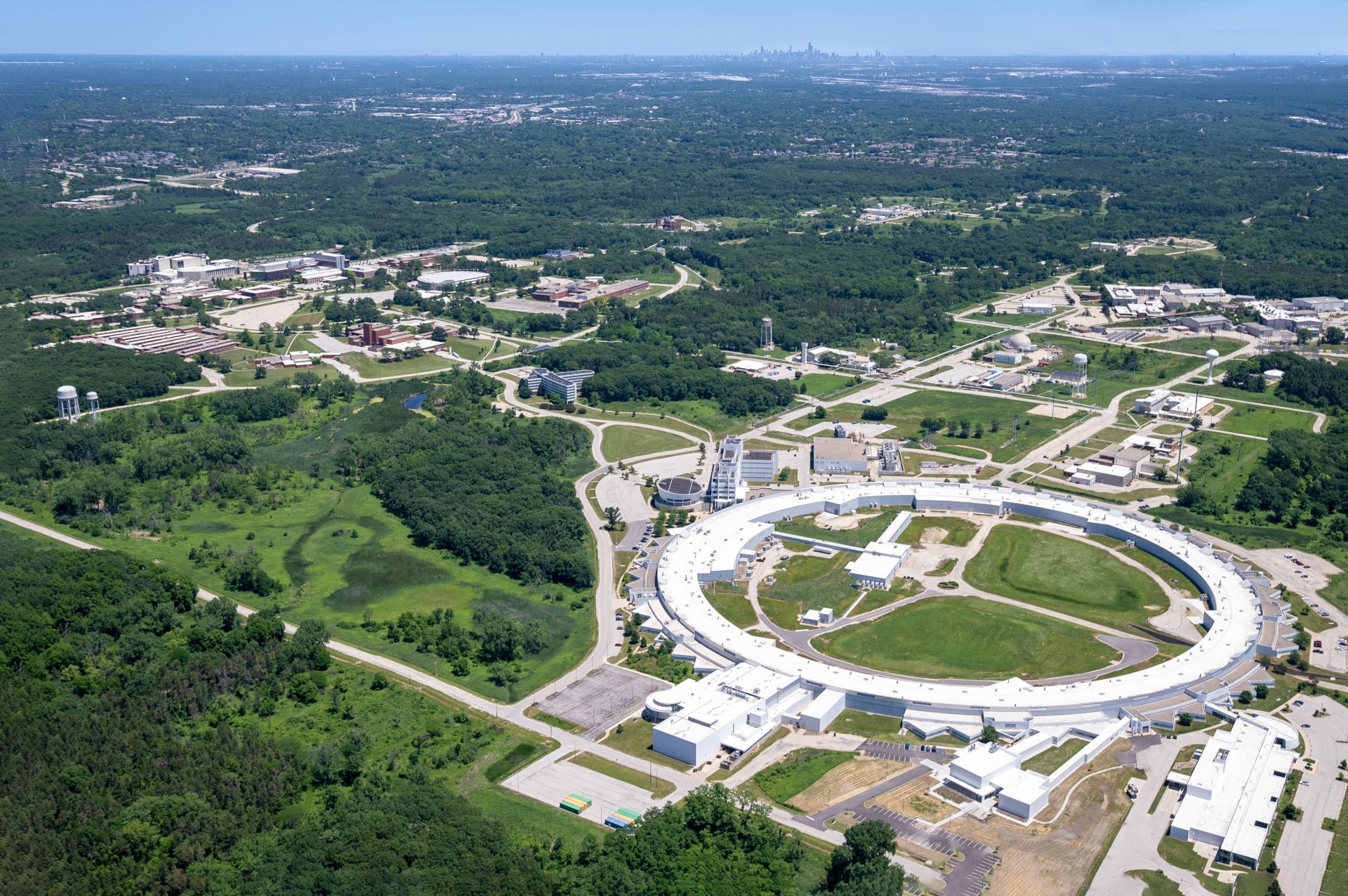


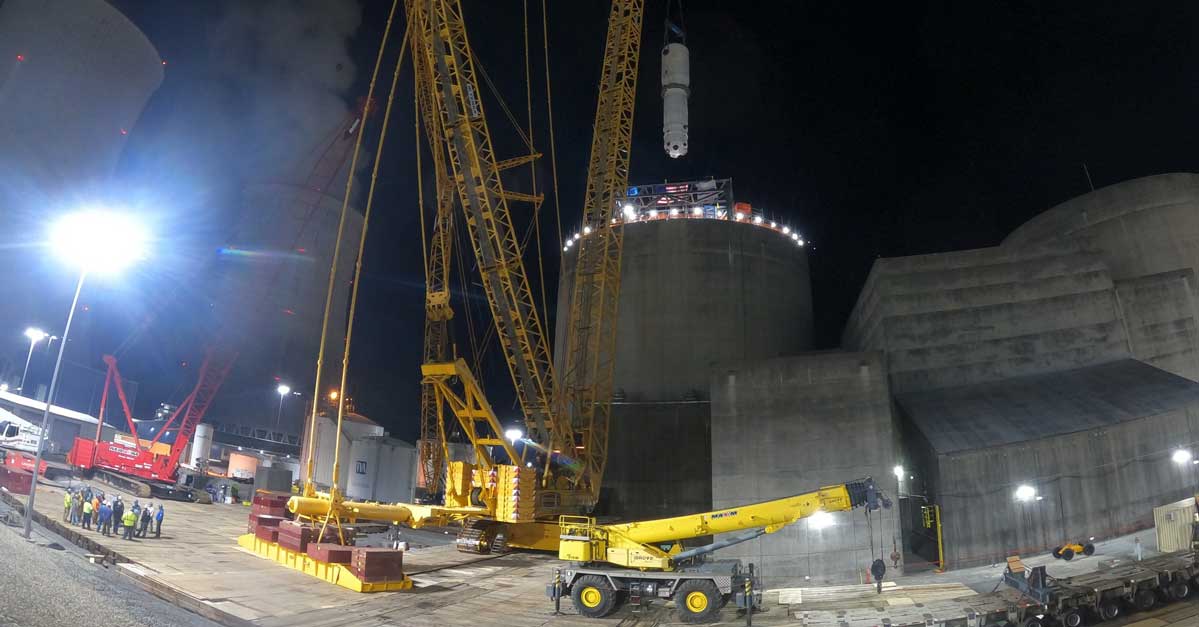
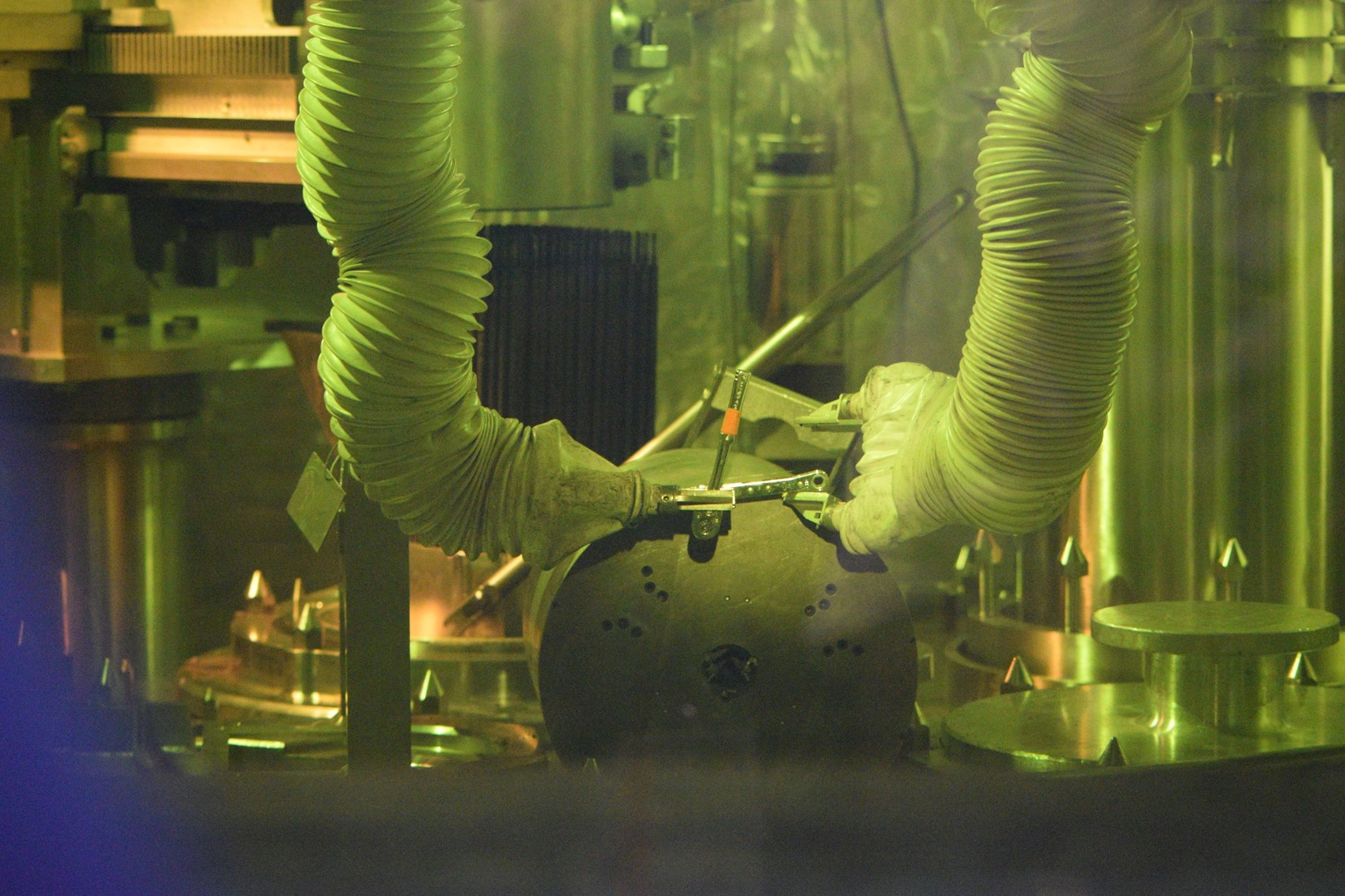
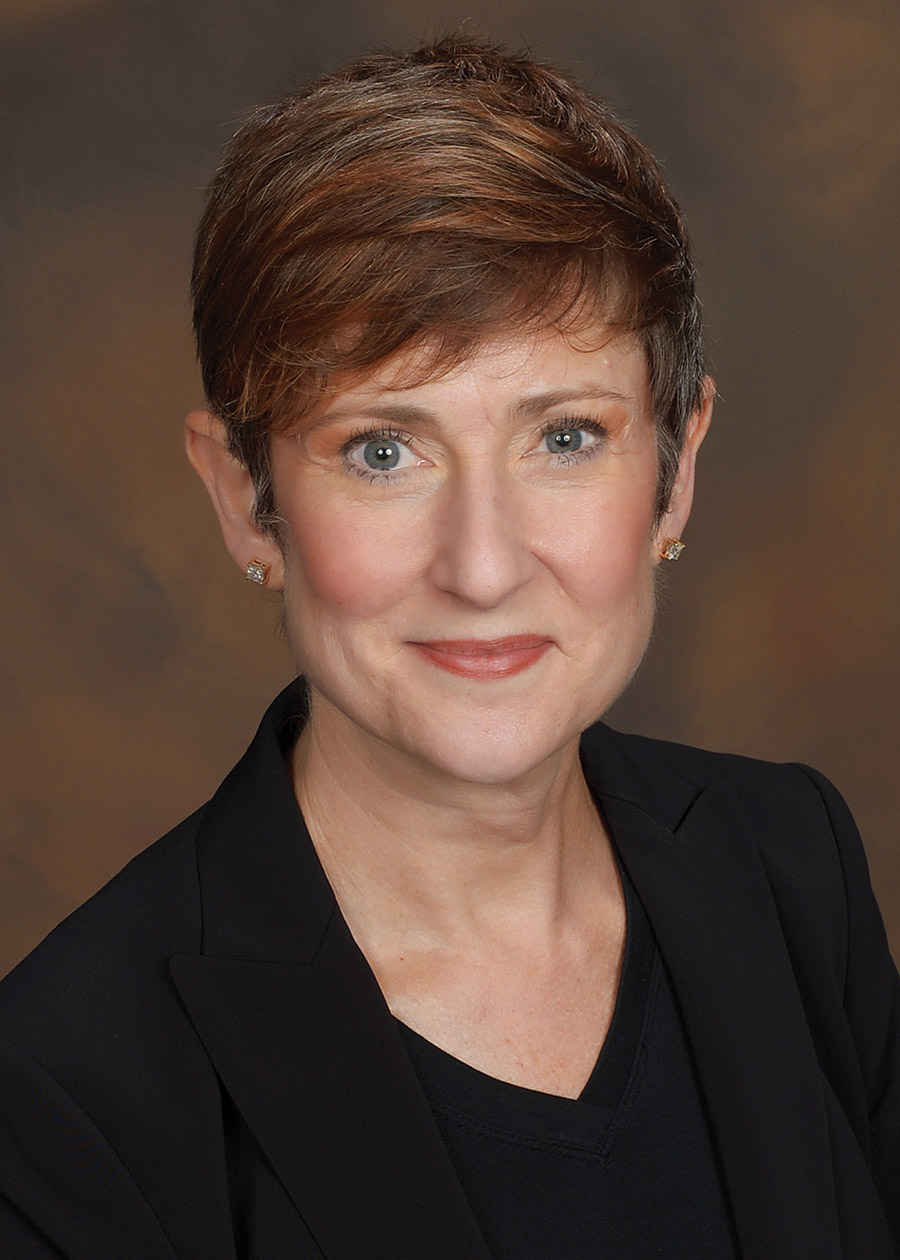
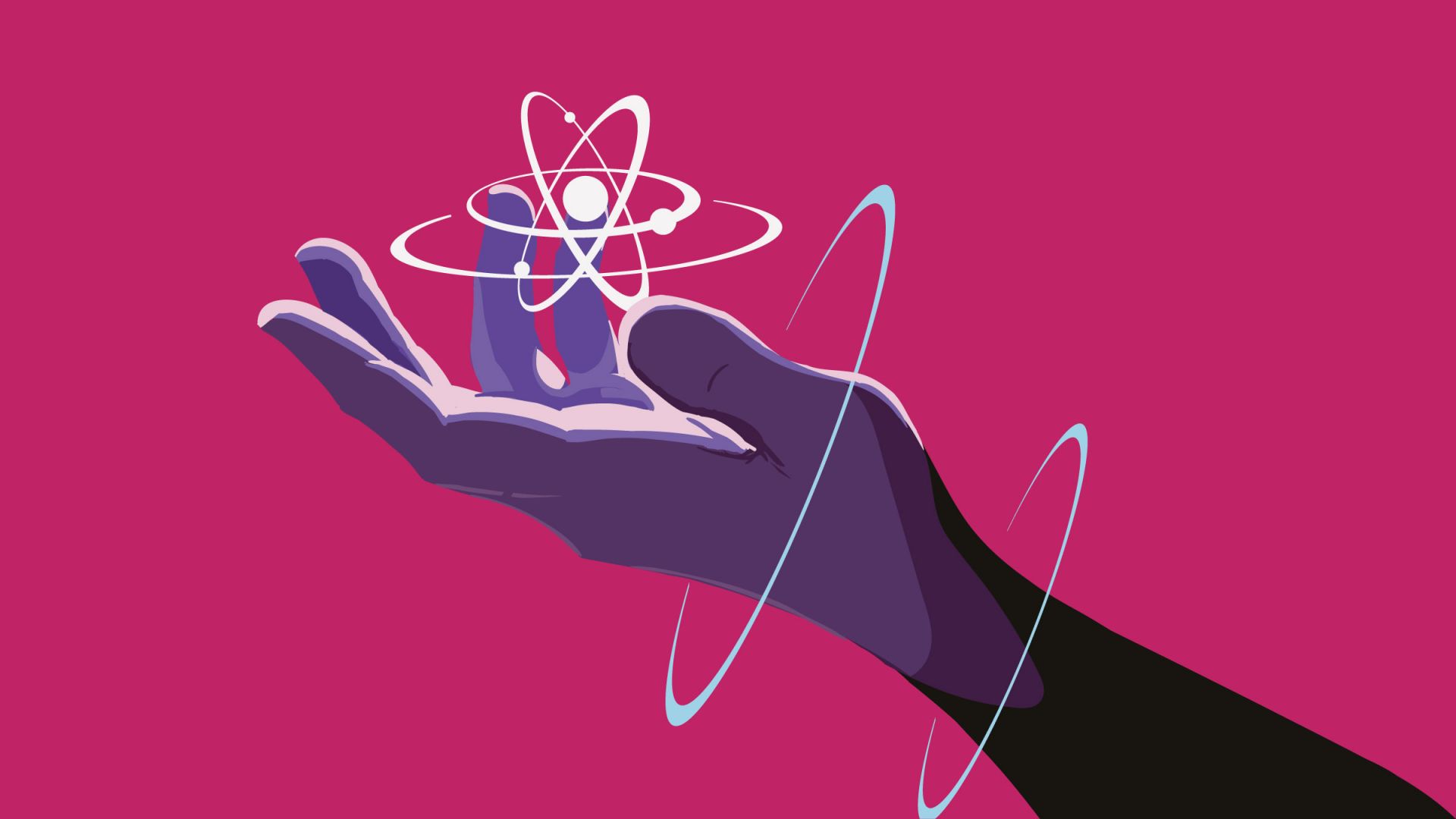 Radiation has benefited mankind in many ways, including its use as an energy source and an indispensable tool in medicine. Since the turn of the 20th century, society has sought ways to harness its potential, while at the same time recognizing that radiological exposures need to be carefully controlled. Out of these efforts, and the work of many dedicated professionals, the principles of justification, optimization, and limitation have emerged as guiding concepts.
Radiation has benefited mankind in many ways, including its use as an energy source and an indispensable tool in medicine. Since the turn of the 20th century, society has sought ways to harness its potential, while at the same time recognizing that radiological exposures need to be carefully controlled. Out of these efforts, and the work of many dedicated professionals, the principles of justification, optimization, and limitation have emerged as guiding concepts.